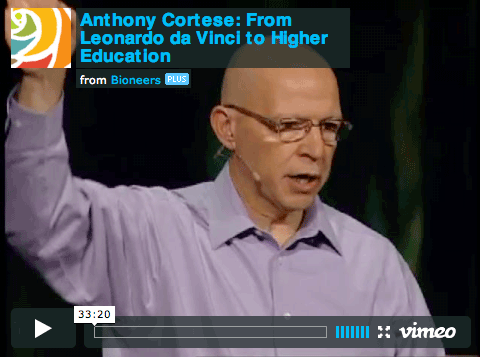Carbon Offset Research & Education
By Tim Stumhofer, Senior Program Associate, Greenhouse Gas Management Institute
(This article appears in the February, 2011 issue of The ACUPCC Implementer)
There is no shortage of opinions on the concept and application of carbon offsets. The fervent debate these wonky mitigation instruments whip up runs an impressive multidisciplinary gamut from questions of morality to marginal cost of abatement. But while offsets have spurred a prodigious volume of discussion, there is a striking dearth of plain English analysis breaking down the complex commodities. Correspondingly there are startlingly few resources that dig beneath the veneer of marketing statements or go beyond a simple rehashing of basic concepts and statistics. In the face of this information shortfall, researchers at the Stockholm Environment Institute (SEI) have shown notable leadership. Over the past few years SEI has published a valuable catalogue of clear, accessible, and rigorous reports on the technical bits (e.g., greenhouse gas accounting and other programmatic rules) that underpin offset programs. In an effort to make this information even more user-friendly and digestible, SEI translated these materials into an interactive website: Carbon Offset Research & Education (CORE).
- Read more about Carbon Offset Research & Education
- Add new comment









 James Woolsey, former Director of the Central Intelligence Agency under President Bill Clinton, provided the opening
James Woolsey, former Director of the Central Intelligence Agency under President Bill Clinton, provided the opening 
